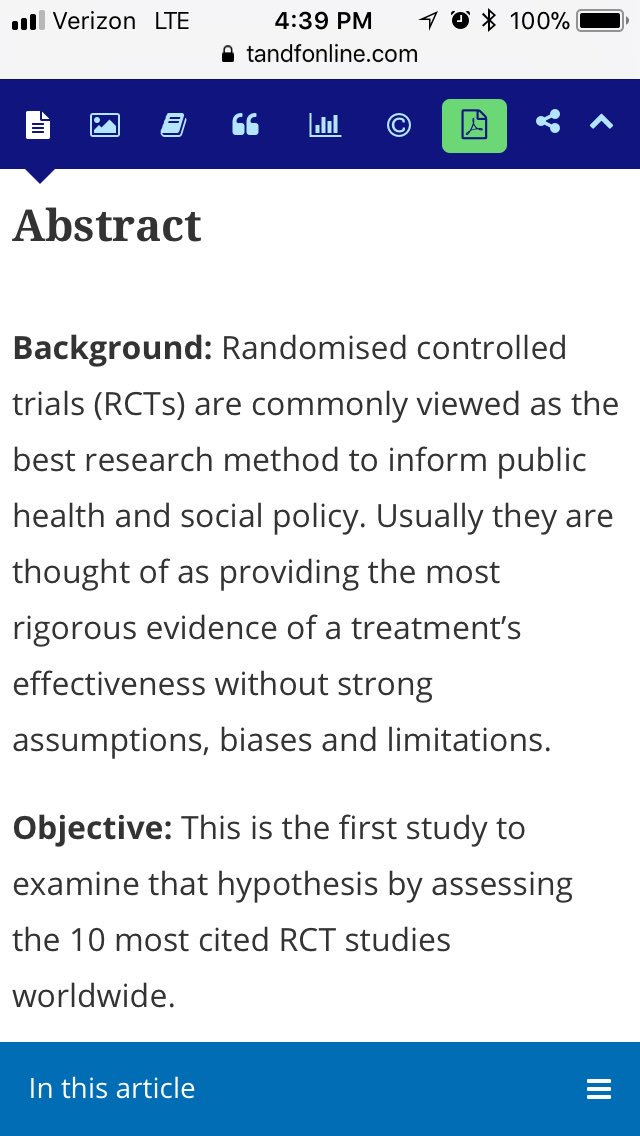
@TartanFB (2004-07); Statistician @Medtronic; statistical methods for clinical trials, kettlebells, deadlifts, pull-ups, food, whiskey & craft beer
How to get URL link on X (Twitter) App

https://twitter.com/rwyeh/status/1047465971492048896Please be advised that @graemeleehickey and others are more expert than I am in the direct, real-world application of such models, but here I am, so whatever. Read it, or don’t.
https://twitter.com/RetractionWatch/status/1042845097069563904I think it’s important to spread this story across all research for those who may not be aware i) what has happened and ii) why it’s a big deal.
https://twitter.com/EricTopol/status/1039886038200549376I do think the article raises some valid points about authorship, and I have certainly seen abuses (in both directions: undeserved authorships granted to people barely involved in the work, and screwjobs that denied people who deserved an authorship their appropriate credit)
1) I agree with the statement that you don't have to be a trialist to critique a trial. You do need to know what you're talking about, but you don't have to "be a trialist" to have methods/statistical knowledge that allows you to comment on trials.
External Tweet loading...
If nothing shows, it may have been deleted
by @THilalMD view original on Twitter
Each of them independently noticed a curiosity: this trial was stopped early for futility despite early results suggesting a (possible) strong benefit of the treatment.
External Tweet loading...
If nothing shows, it may have been deleted
by @NEJM view original on Twitter
